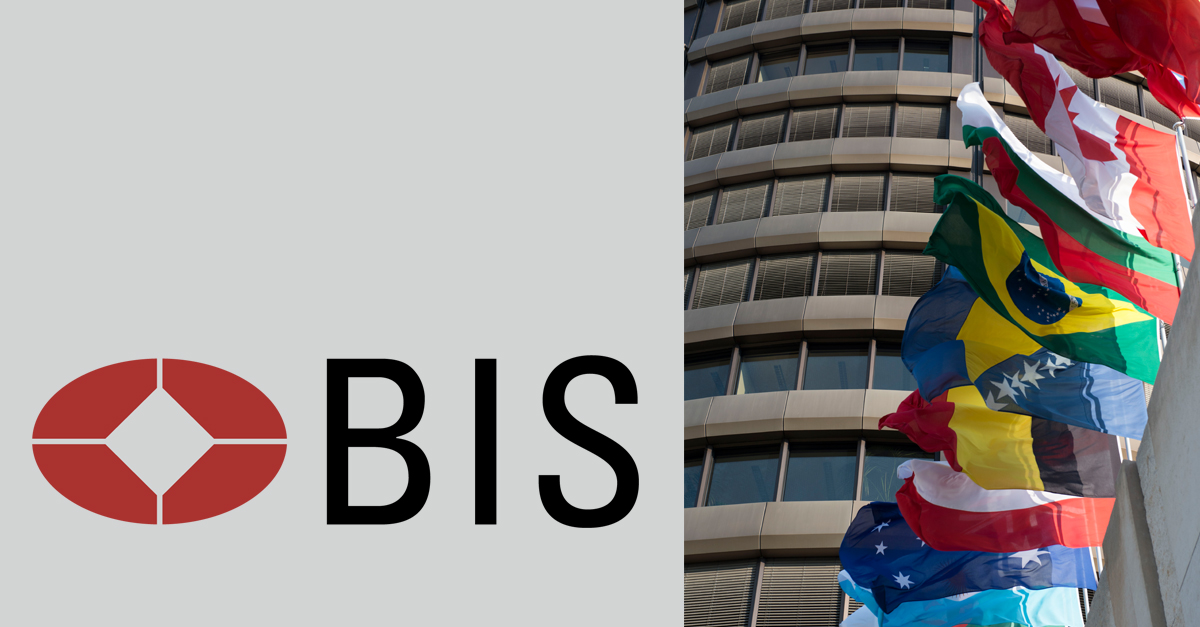Current Economic Conditions and Future Outlook: Insights from the Bank of Mauritius

In a recent address, Mr. Harvesh Seegolam, Governor of the Bank of Mauritius, shared insights on the current economic conditions and outlook during the post-Monetary Policy Committee (MPC) press conference held on September 20, 2024.
The global economy continues to show resilience, with the International Monetary Fund (IMF) projecting stable global growth rates of 3.2% for 2024 and 3.3% for 2025 in its July 2024 World Economic Outlook (WEO) Update. Key advanced economies, including the United States, Euro area, and the United Kingdom, demonstrated encouraging growth in the second quarter of 2024. The US economy outperformed expectations, driven by strong consumer spending and business investments, while the Euro area benefitted from robust services activity and increased consumer expenditure. The UK also showed positive growth, supported by government spending and household consumption.
Leading indicators suggest sustained economic expansion into the third quarter of 2024, with the J.P. Morgan Global Composite Output Index rising to 52.8 in August, primarily due to a strong services sector performance.
On the inflation front, global inflation is on a downward trend, aligning with the targets set by major central banks. This decline is attributed to favorable commodity prices and the effects of previous monetary policy tightening. The IMF forecasts a decrease in global inflation from 6.7% in 2023 to 5.9% in 2024, and further to 4.4% in 2025.
In response to these positive developments, major central banks are implementing interest rate cuts. Since the last MPC meeting, 44 monetary policy decisions globally have favored rate cuts, with the US Federal Reserve and the European Central Bank lowering their rates by 50 and 25 basis points, respectively, in September 2024. The trend towards rate cuts is evident, with approximately 120 central banks worldwide reducing their policy rates since the beginning of 2024.
Domestically, Mauritius experienced a GDP growth of 6.4% in the first quarter of 2024, driven by strong performances in sectors such as accommodation, construction, finance, and retail trade. Domestic consumption and investment are on the rise, bolstered by ongoing capital projects and robust household spending.
The tourism sector remains a significant growth driver, with tourist arrivals reaching 865,523 from January to August 2024, marking a recovery rate of 99.2% compared to 2019 levels. Tourism earnings surged to Rs51.3 billion during January to July 2024, reflecting a 42.5% increase compared to 2019.
The current account deficit is expected to improve from 4.5% of GDP in 2023 to 4.3% in 2024, thanks to strong tourism earnings and increased interest income. The country's Gross Official International Reserves stood at a comfortable USD7.9 billion as of September 17, 2024, providing a buffer against external shocks. The banking sector remains resilient, supported by strong capital and liquidity.
Inflation in Mauritius has been declining, influenced by favorable global food and energy prices, lower shipping costs, and the resolution of domestic shocks. Headline inflation fell from a peak of 11.3% in February 2023 to 4.0% in August 2024, remaining within the target range of 2% to 5% for the last four months.
The Bank of Mauritius has been actively managing liquidity in the banking system, issuing Rs12.85 billion in BoM Bills between July and September 2024, while also absorbing excess liquidity through foreign currency sales. The banking sector's credit flow has been steadily increasing, with private sector credit growing by 7.6% annually in July 2024.
The MPC's decision to lower the Key Rate by 50 basis points from 4.5% to 4.0% reflects the ongoing disinflationary process and the need to support economic growth without compromising macroeconomic stability. The MPC will continue to monitor the economic situation closely and is prepared to convene additional meetings if necessary.
In conclusion, the Mauritian economy is on a positive trajectory, with expectations of sustained growth driven by tourism, construction, and a resilient financial sector. The next MPC meeting will be announced in due course, and the Governor is open to addressing any questions regarding the economic outlook.